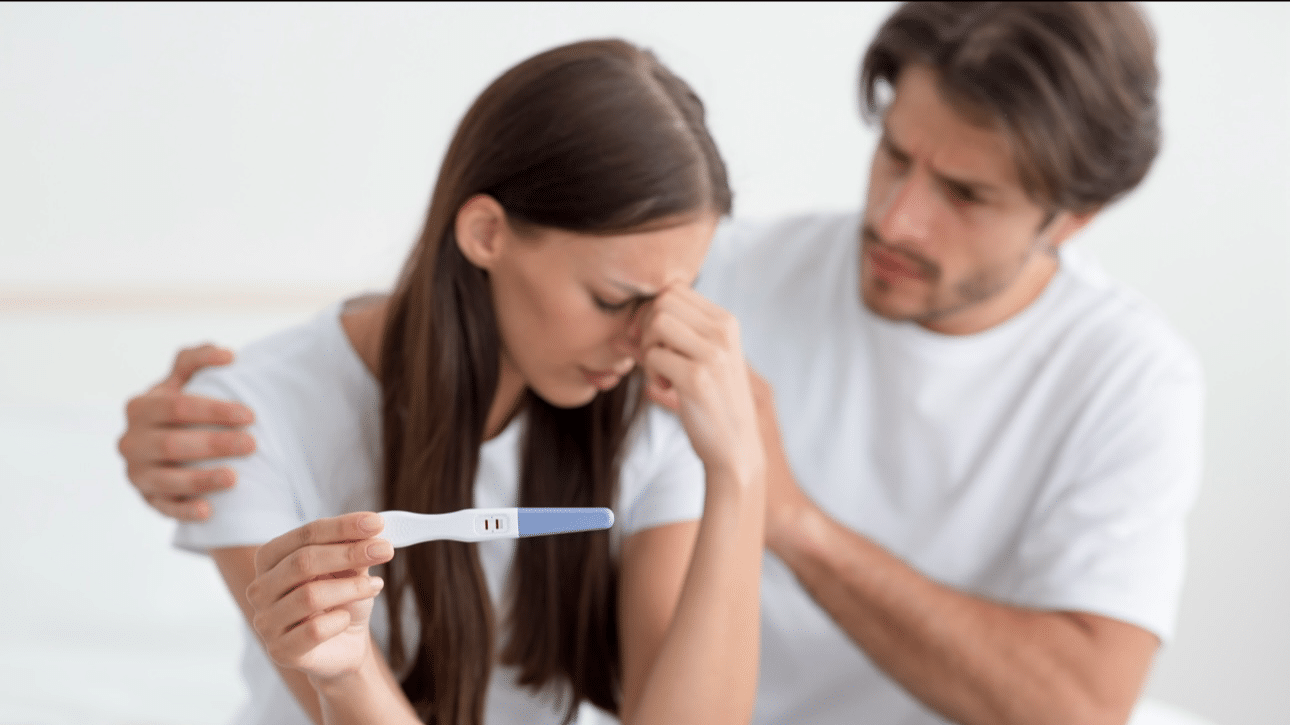Can Ovarian Cysts Cause Infertility? Exploring the Link
Ovarian cysts are fluid-filled sacs that can develop on or within the ovaries. They are a common occurrence in women of reproductive age and often go unnoticed, as many cysts are harmless and resolve on their own. However, when it comes to fertility, concerns may arise about whether ovarian cysts can cause infertility. In this article, we will explore the link between ovarian cysts and infertility, the types of cysts that may impact fertility, and the available treatment options for those seeking to conceive.
Understanding Ovarian Cysts
Before diving into the relationship between ovarian cysts and infertility, it is essential to understand what ovarian cysts are and how they develop. Ovarian cysts are fluid-filled sacs that form on or within the ovaries. They can vary in size, ranging from small, undetectable cysts to large cysts that cause discomfort or pain. Most ovarian cysts are functional cysts, which means they form during the menstrual cycle and typically resolve on their own within a few menstrual cycles.
Types of Ovarian Cysts
There are various types of ovarian cysts, but the two main types that may impact fertility are:
1. Endometriomas: Endometriomas, also known as chocolate cysts, occur when endometrial tissue (the tissue that lines the uterus) grows outside the uterus and forms cysts on the ovaries. Endometriomas can be associated with endometriosis, a condition in which the endometrial tissue grows abnormally in other areas of the body. Endometriomas can cause inflammation, scarring, and adhesions, which may affect fertility.
2. Polycystic Ovarian Syndrome (PCOS): PCOS is a hormonal disorder characterized by the presence of multiple cysts on the ovaries. These cysts are typically small and are the result of hormonal imbalances that interfere with normal ovulation. PCOS is a common cause of infertility in women, as it can disrupt regular ovulation and affect hormone levels necessary for conception.
The Impact of Ovarian Cysts on Fertility
The impact of ovarian cysts on fertility can vary depending on the type and size of the cyst, as well as individual factors. Here are some ways ovarian cysts may affect fertility:
1. Disrupted Ovulation: Ovarian cysts, particularly those associated with PCOS, can disrupt regular ovulation. Without regular ovulation, the release of mature eggs for fertilization may be irregular or absent, making it more challenging to conceive.
2. Fallopian Tube Blockage: Large cysts or cysts that cause inflammation or scarring can potentially block or obstruct the fallopian tubes. The fallopian tubes are responsible for transporting the eggs from the ovaries to the uterus, and any obstruction can hinder the fertilization process.
3. Hormonal Imbalances: Ovarian cysts, especially those associated with PCOS, can cause hormonal imbalances. Hormones such as estrogen, progesterone, and luteinizing hormone (LH) play crucial roles in the menstrual cycle and fertility. Imbalances in these hormones can interfere with ovulation and the ability to conceive.
4. Adhesions and Scarring: Certain types of cysts, such as endometriomas, can lead to the formation of scar tissue and adhesions in the pelvic area. Adhesions can cause organs to stick together, potentially affecting the normal functioning of the reproductive organs and hindering fertility.
Treatment Options for Ovarian Cysts and Infertility
If ovarian cysts are suspected of causing infertility, it is important to consult with a healthcare professional specializing in reproductive health. The treatment options will depend on the type and size of the cyst, as well as the individual’s overall health and fertility goals. Here are some possible treatment options:
1. Watchful Waiting: In many cases, small functional cysts will resolve on their own without medical intervention. Regular monitoring through ultrasound or imaging may be recommended to ensure the cysts do not grow or cause complications.
2. Medication: Hormonal medications, such as oral contraceptives or gonadotropin-releasing hormone (GnRH) agonists, may be prescribed to regulate hormone levels, promote ovulation, or shrink cysts.
3. Surgical Intervention: In certain cases, surgical intervention may be necessary. This may involve laparoscopic surgery to remove cysts, drain cysts, or address any associated adhesions or scarring that may be impacting fertility.
4. Assisted Reproductive Technologies (ART): In cases where other treatment options are unsuccessful, assisted reproductive technologies such as in vitro fertilization (IVF) may be recommended. IVF involves the retrieval of eggs, fertilization in a laboratory, and the transfer of embryos into the uterus.
While most ovarian cysts are harmless and do not impact fertility, certain types of cysts, such as endometriomas and those associated with PCOS, can potentially affect a woman’s ability to conceive. If you are concerned about ovarian cysts and their impact on your fertility, it is essential to consult with a healthcare professional specializing in reproductive health. They can provide a thorough evaluation, diagnose any underlying conditions, and recommend appropriate treatment options to help you achieve your fertility goals. Remember, with proper diagnosis and treatment, many individuals with ovarian cysts can go on to conceive and have successful pregnancies.










